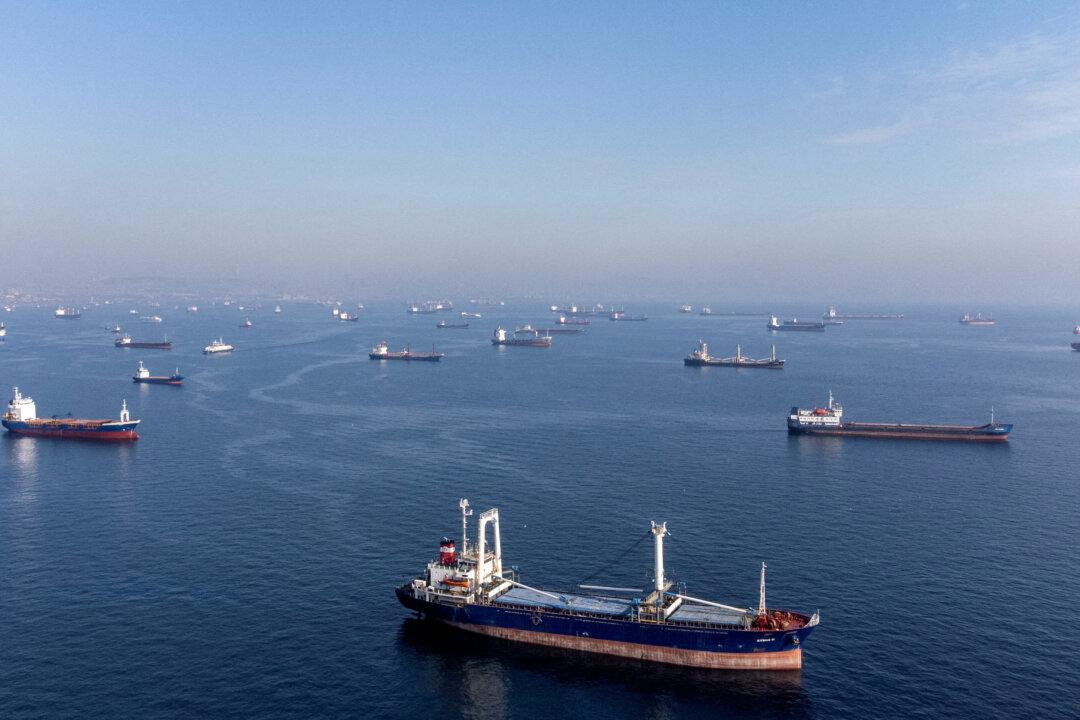Russia said on Saturday there was no agreement yet to extend a deal allowing Ukraine to export grain via the Black Sea, repeating its insistence on unhindered access to world markets for its own food and fertiliser exports.
Deputy Foreign Minster Sergei Vershinin was quoted by state news agency TASS as saying talks with U.N. officials in Geneva on Friday had been useful and detailed but the issue of renewing the deal—which expires in one week—had yet to be resolved.





